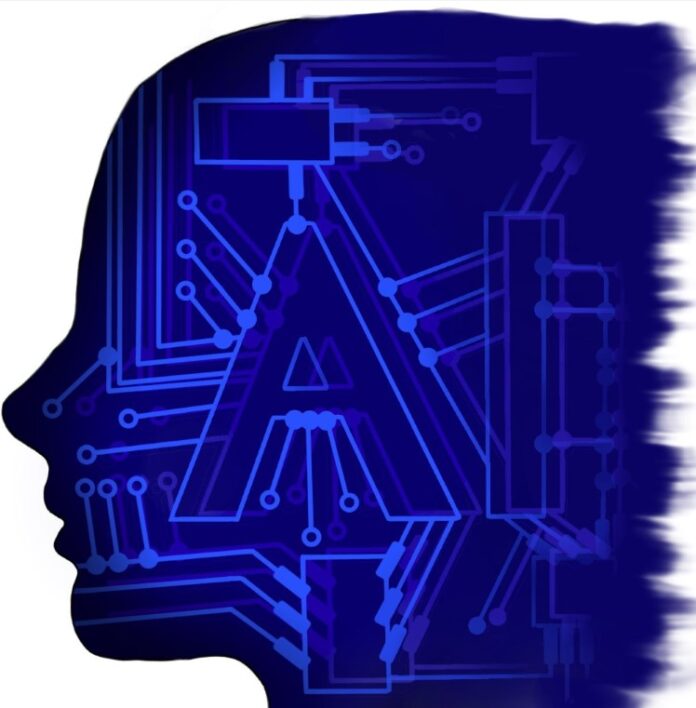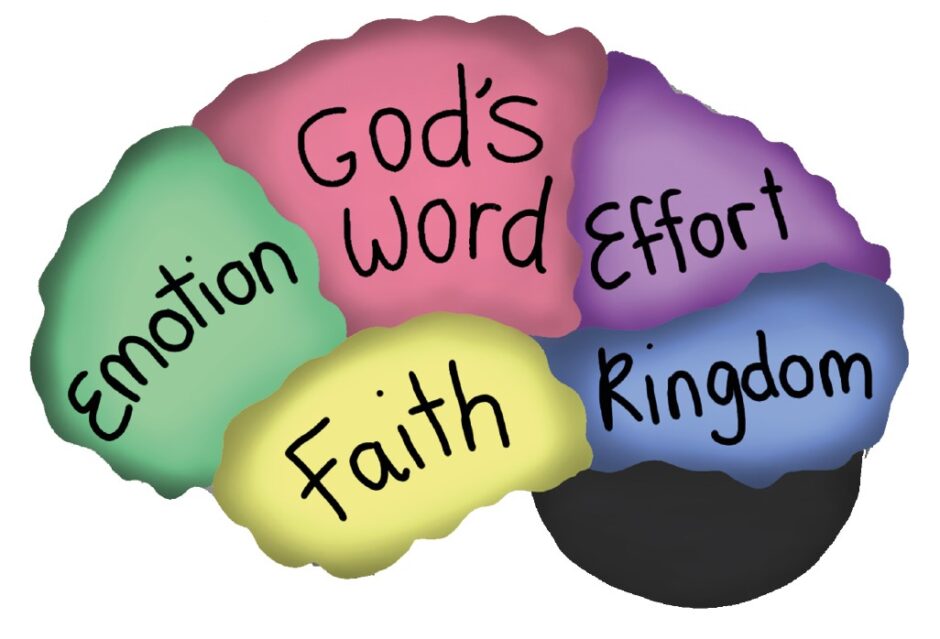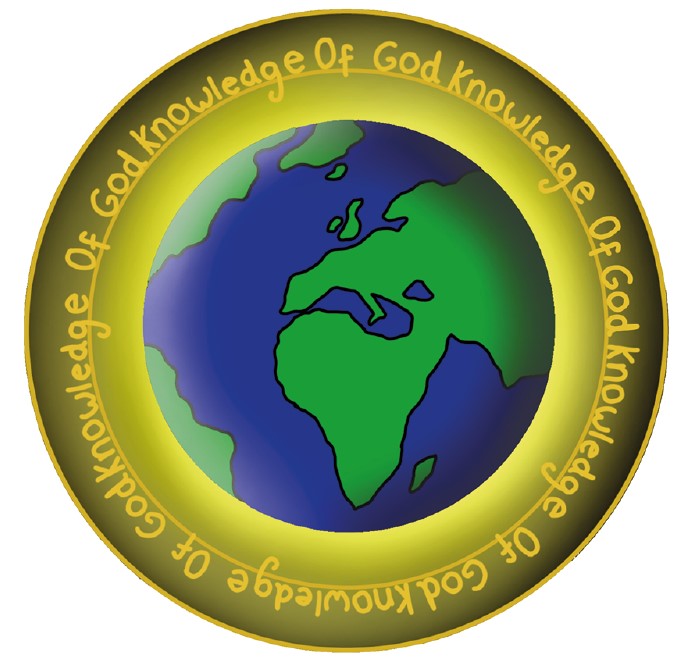YOU MAY HAVE been using Artificial Intelligence (AI) technology for years without even realising. A smartphone camera groups photos together by colour and theme. Instant translation software enables you to communicate in different languages. Social media news feeds abound with comic pictures that look real but aren’t.
AI is extremely useful in many ways, and it’s becoming increasingly powerful. It works by processing huge amounts of data very quickly, which computers can do with ease. They then ‘learn’ by spotting patterns in the data, which enables them to predict what the user wants to see next, or to formulate a reasonable response in a conversation. AI’s assimilation of data can empower robots to control driverless cars or perform keyhole surgery.
But this technology also brings with it ethical and moral dilemmas. In 2023 the head of the UK’s national intelligence agency GCHQ said that the software is developing so fast that the security risks are unknown.1 There have been news stories of chatbots (websites where a computer responds to your questions and has a conversation with you) encouraging people to commit murder. Elvis Presley has been recreated to interact with still- living performers—would that be against his wishes? And back in 2014, Professor Stephen Hawking said: “The development of full artificial intelligence could spell the end of the human race”.2
The First Tech Project
The Bible teaches us that there is a limit to what humankind can achieve with technology. The first big tech project recorded was at the cutting edge of human knowledge and resulted in a dramatic intervention from God: namely, the Tower of Babel.
Then they said, “Come, let us build ourselves a city and a tower with its top in the heavens, and let us make a name for ourselves, lest we be dispersed over the face of the whole earth.” And the Lord came down to see the city and the tower, which the children of man had built. And the Lord said, “Behold, they are one people, and they have all one language, and this is only the beginning of what they will do. And nothing that they propose to do will now be impossible for them. Come, let us go down and there confuse their language, so that they may not understand one another’s speech” (Genesis 11:4-7).
This was a building project on an advanced scale. The ambition of these men was to build higher than ever before. This was the precursor to the ziggurats which abounded in the Middle East in the following centuries. But however high people got, God was always above them. His angel came down and made the builders speak different languages, which brought an abrupt end to the entire project.
Communication is vital for technology to thrive, and we know that language is the basic building block of computer technology too. God could stop it all again by confounding language, if He wanted to. We know that He will not allow the world to be destroyed, since it would frustrate His own ultimate purpose: ‘The earth will be filled with the knowledge of the glory of the Lord as the waters cover the sea’ (Habakkuk 2:14). So, at some point, He will intervene!
“Godlike”
Until that happens, the world will remain. But we are surely pushing God’s patience. Some news media have reported that tech leaders are trying to use AI to make us “godlike”.3 What will the Lord of heaven and earth think about that?
These words remind us of an important event in the Bible. Back in the Garden of Eden, our first parents Adam and Eve were given a simple command not to eat from the tree of knowledge of good and evil. But then we read this:
The serpent said to the woman, “You will not surely die. For God knows that when you eat of it your eyes will be opened, and you will be like God, knowing good and evil’ (Genesis 3:4–5).
When the media uses language straight out of the Bible, we take notice! The serpent suggested that it would be a good idea to eat the fruit, because it would make humans like God. But it didn’t have the wisdom to know and respect God’s laws. It was a persuasive creature, but not wise. AI is limited in this same way—it does not deal in morality or wisdom. Emotion and instinct cannot be programmed. AI is neither inherently good nor inherently evil. But it has huge potential in both positive and negative ways, and can certainly give enormous control and power to its developers.
Reading the Bible
At a more local level, how does AI impact on our Bible reading? I can go to an online chatbot, like Microsoft Bing’s Copilot, and type in: “Summarize Psalm 1 for me.” My auto-generated answer will arrive in seconds:
“Psalm 1 is a passage from the Hebrew Bible that contrasts the ways of the righteous and the wicked, emphasizing the importance of meditating on God’s law for a fulfilling life. It highlights that the righteous person, who delights in and follows God’s teachings, will be blessed and prosper like a fruitful tree. On the other hand, the wicked, who neglect God’s ways, will face judgement and ultimately perish. The psalm encourages readers to choose a path of righteousness and emphasizes the importance of living in accordance with God’s guidance for a truly prosperous life.4“
I can then ask it to turn this answer into a shorter summary, or even a poem or a short story. It can simulate a discussion between three expert theologians. It is ridiculously easy. But it doesn’t encourage me to put in any mental effort of my own.
Reading the Bible is not an academic exercise. It’s meant to change you from within, encourage your faith, help you to imagine life in the Kingdom of God, and so on.
We can’t expect to learn the truth about God and His Son Jesus if we do not read the Bible. We can’t hope for the Bible to influence our way of life, our thinking and our behavior, if we do not meditate and reflect on it regularly: ‘Do not be conformed to this world, but be transformed by the renewal of your mind, that by testing you may discern what is the will of God, what is good and acceptable and perfect’ (Romans 12:2).
AI won’t encourage you to use your memory to internalise the word of God, or get you to practise looking for those instructive echoes between different parts of the Bible, or to dig deep in your own Bible study to uncover truth. These chatbots have read most of the internet, and can instantaneously spot patterns in words and language, but they have no interest in genuine Bible teaching. Their content is never checked. In fact, this disregard for truth makes them dangerous when used in Bible study, or in any context where accuracy is critical.
The Signs of the Times
We may not be heading for the end of humanity, but we are heading for a judgement—just like the time of Babel. One of the signs of that judgement being close is the prevailing attitudes in the world around us. Paul warned the young disciple Timothy about what the world would be like in the time before Christ’s return and judgement:
For the time is coming when people will not endure sound teaching, but having itching ears they will accumulate for themselves teachers to suit their own passions, and will turn away from listening to the truth and wander off into myths (2 Timothy 4:3–4).
We can apply some phrases straight from this passage to the world of AI:
Having itching ears
People’s ears are itching to hear things they want to hear. And so there are now therapist bots, where you can spill out all your problems and hear AI-generated words of support and encouragement back from superstar footballers, popstars or other celebrities.
There are many people who will believe anything that a machine tells them. The Bible warns about this tendency we have to change the truth into lies and to worship created things as if they were gods (Romans 1:25).
Their own passions
People can easily get addicted to the short- term gratification which is offered by AI sites. There have been cases of users falling in love with chatbots who have learned all about their interests and passions,5 and who unsurprisingly prove to be the user’s perfect companion. This not only turns people away from God, and the Bible which is His instruction manual for living, but it also discourages personal responsibility, relationships with other people, and our ability to perceive others’ points of view.
Wander off into myths
A myth is something that is not real; the opposite of truth. AI’s artificiality (the clue’s in the name) makes it a classic example of this kind of myth. Many online news websites cannot be trusted to provide truth. The whole fake news phenomenon is fed by this industry. The makers of one online tool, OpenAI, acknowledged this problem when they promised that their next release would be “less likely to invent facts”. One reporter pointed out that the platform is “inherently stupid. It has read most of the internet, and it knows what human language is supposed to sound like, but it has no relation to reality whatsoever. Listening to it talk is frankly about as interesting as listening to someone’s dreams.”6 This reminds us of how the serpent once brought its observations to Adam and Eve, without worrying about truth because it was unable to relate to the reality of God’s commands.
All this should not surprise those who read their Bibles: this is a sign that the last days are here!
Clinging to Certainty
What was Timothy told to do instead? ‘Continue in what you have learned and have firmly believed’ (2 Timothy 3:14). There is little firm ground with AI. It needs to be taken with a huge “pinch of salt”. As we have seen already, intelligence is not wisdom, neither is it morality, nor sense. But these are things that we find in the Word of God.
The history of humankind contains several moments where knowledge has increased dramatically; our digital age is simply the latest. But the Truth of God in His Word has been around for all of these and has endured when other knowledge has failed. Just think of the theory of the earth being flat (which the Bible refuted, Job 26:7). Or of the way medical knowledge has increased over the centuries, and has only recently caught up with principles such as sanitation and hygiene which were contained in the Law of Moses.
The Bible has proven and consistent credentials in an ever changing and unreliable world.
God can, and will, stop the rise of anything that threatens humanity if it goes too far. He is the only God, and is far greater than anything humankind can achieve. But we need to trust
Him, and look to His Word, distinguishing wisdom from intelligence, and seeking God’s glory over our own.
Paul Tovell
- AI risks are unknown even to GCHQ, Anne Keast-Butler tells BBC: BBC News, 3 Nov 2023, https://www.bbc.co.uk/news/uk-67301402
- Stephen Hawking warns artificial intelligence could end mankind: BBC News, 2 Dec 2014, https://www.bbc.co.uk/news/technology-30290540
- We must slow down the race to godlike AI: Financial Times, 13 Apr 2023, https://www.ft.com/content/03895dc4-a3b7-481e-95cc-336a524f2ac2
- Chris Priebe, Unleashing the Power of AI in Biblical Studies: Chris Priebe, https://www.linkedin.com/pulse/unleashing-power-ai-biblical-studies-part-1-3-chris-priebe
- AI-Human Romances Are Flourishing—And This Is Just the Beginning: Time Magazine, 23 Feb 2023, https://time.com/6257790/ai-chatbots-love
- The stupidity of AI: The Guardian, 16 Mar 2023, https://www.theguardian.com/technology/2023/mar/16/the-stupidity-of-ai-artificial-intelligence- dall-e-chatgpt023/mar/16/the-stupidity-of-ai-artificial-intelligence- dall-e-chatgpt






